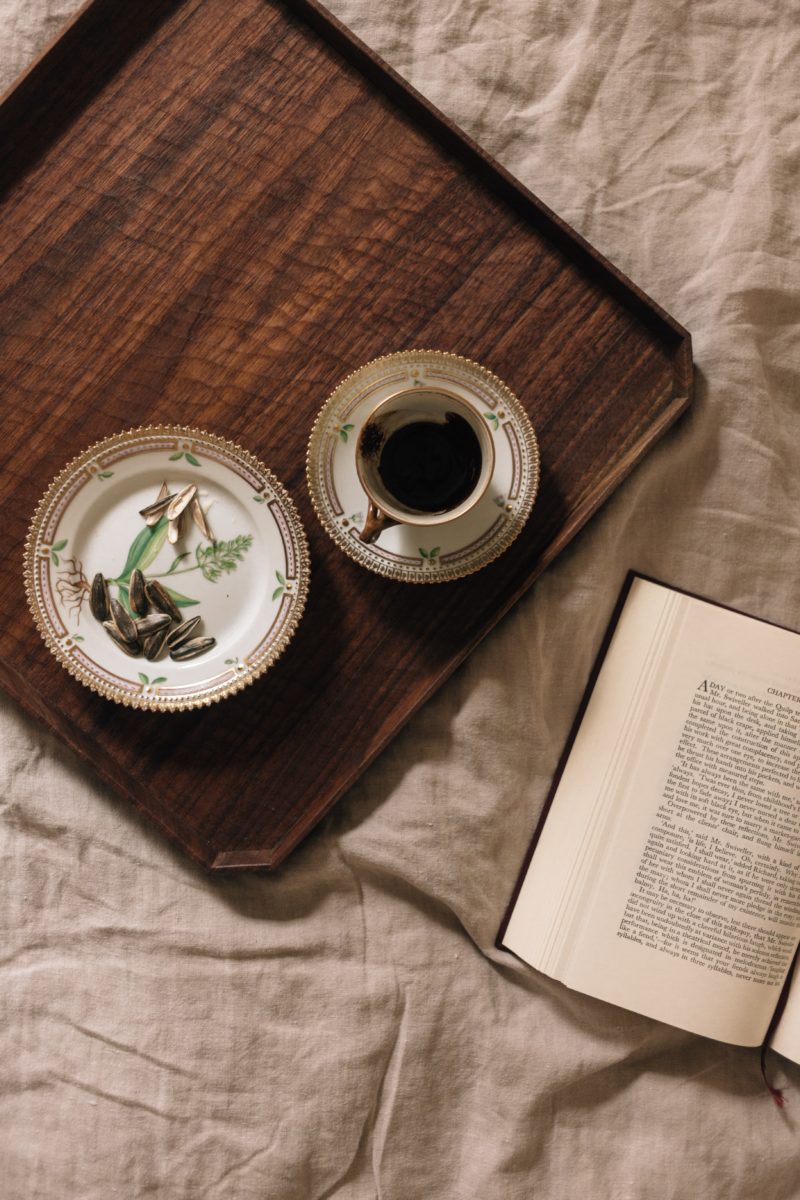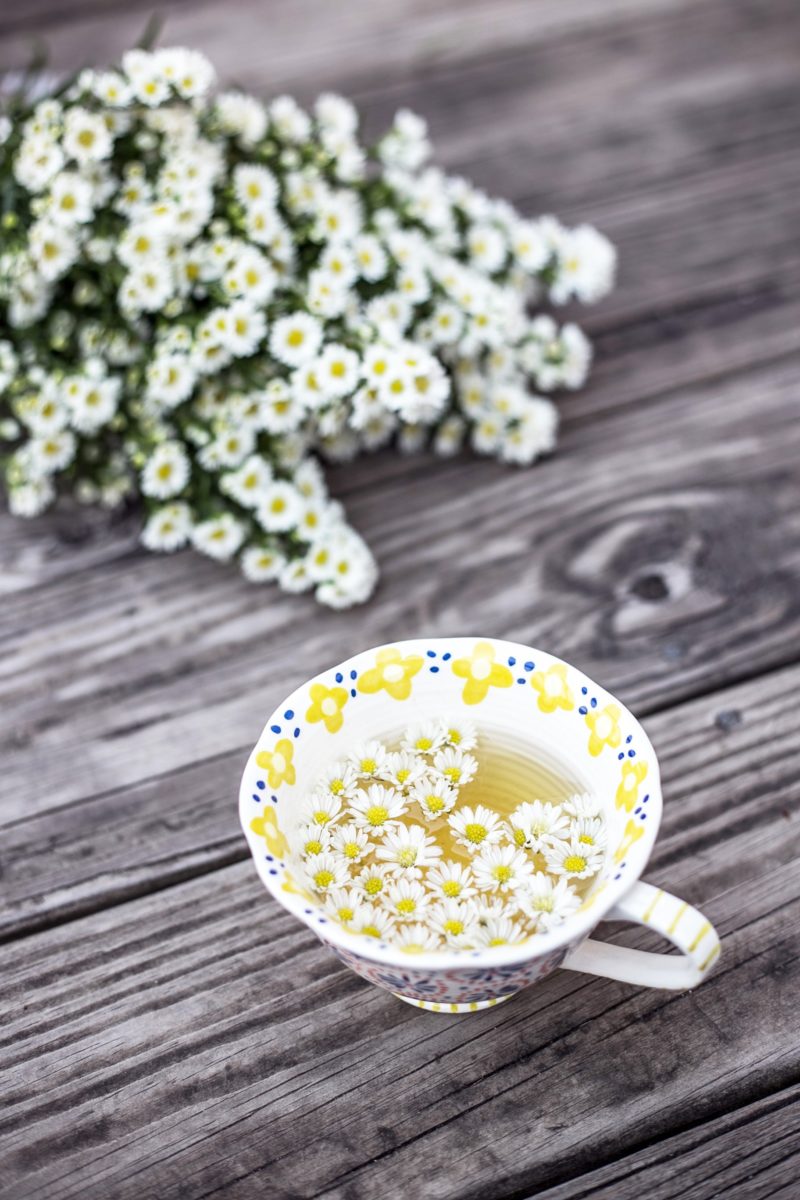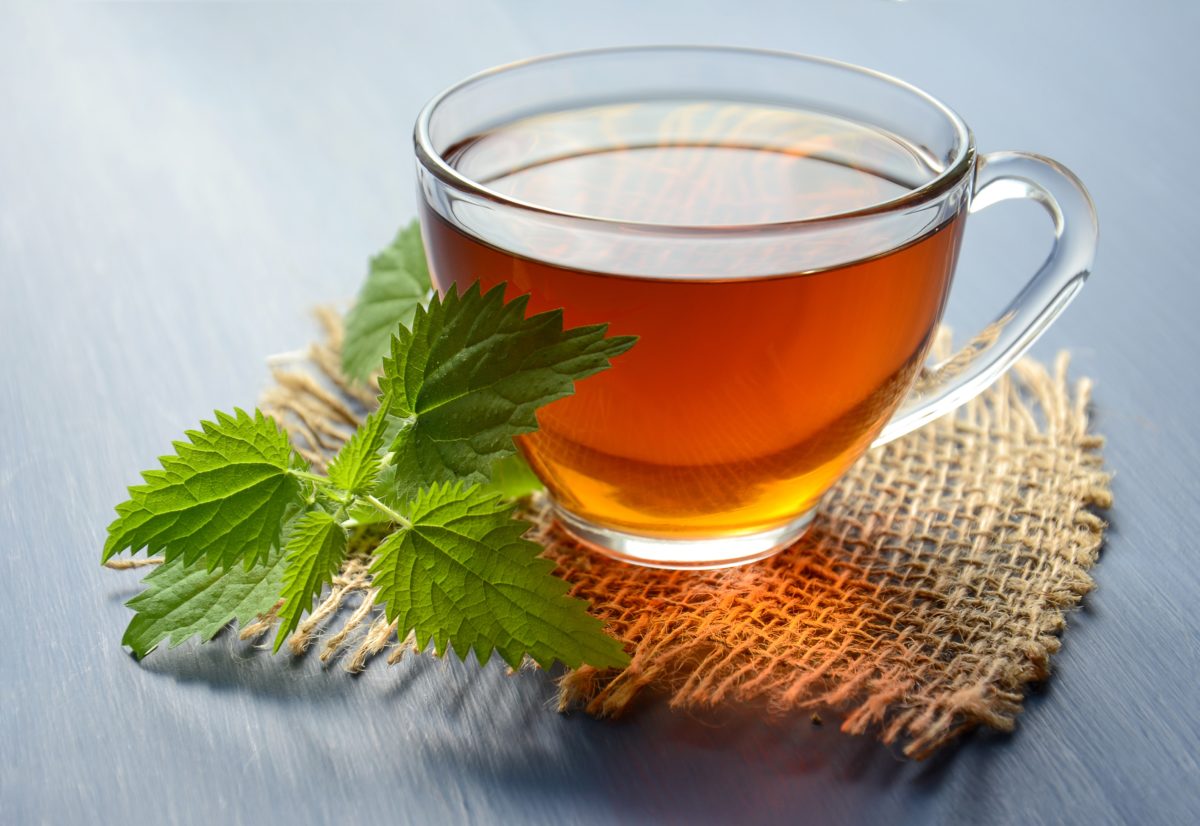
Restful Teas
Tea is popular around the world as a sleep-inducing drink. However, not all teas will put you to sleep. Camellia sinensis and the assamica cultivars contain caffeine that sometimes makes it difficult for you nod off. Different types of herbals energize, induce sleep, and act as an anti-inflammatory.
If you are wondering if tea will help you sleep better, the quick answer is “yes” so long as the tea is caffeine free.
For sleep teas, it’s very important that you choose either a decaffeinated, calming cup of warm tea or an herbal tisane. Tea isn’t what puts you to sleep, your body does that by releasing chemicals in a daily rhythm, controlled by an inner clock. When it gets dark, your body releases a hormone called melatonin that signals it’s time to prepare for sleep, and it helps you feel drowsy. A warming cup at bedtime helps you relax and ease your mind. The ingredients in tea lead to good rest.
Teas that Help You Sleep
Tea preferences change with age, and the effect tea has on your body also changes as you age. Tea with small amounts of caffeine may keep a young child awake all night while the same amount of caffeine may not be enough to affect someone in their 20s or 30s from going to sleep.
Here are 8 teas to help you get a good night’s rest.

Chamomile
Chamomile tea is known as a natural remedy for inflammation, anxiety, and insomnia. An antioxidant found in chamomile tea, apigenin, is said to cause the soothing effect you get from drinking the tea. Apigenin binds to specific receptors in your brain that decrease anxiety and induce sleep.
Valerian Root
Valerian was popular during World War II to help reduce the stress and anxiety of Englishmen during air raids. It’s been used widely for treating insomnia, nervousness, and headaches.
Researchers haven’t exactly pinpointed how valerian root helps you sleep. One theory is that valerian root increases levels of gamma-aminobutyric acid (GABA). GABA is a neurotransmitter whose primary role is to reduce neuronal excitability in your nervous system.
Lavender
Lavender is an herb known for its aroma and relaxing scent. The lavender tea is made from the purple buds of the flower. It’s known to reduce stress and anxiety. Studies have found that smelling the scent of lavender reduces fatigue, heart rate, and improves sleep quality.
Decaf Green Tea
Green tea is a great alternative if you don’t like herbals. Decaf loose leaf green tea can help you sleep better because it contains contains theanine that helps reduce stress. Overall, green tea is of the healthier of the teas. It has a grassier flavor that some prefer. Also consider oolongs, a white tea or traditional black, but stay away from breakfast blends as they are specifically formulated to contain lots of caffeine.
Passionflower
Passionflower tea comes from the leaves of the Passiflora plant. It helps with anxiety and obsessive thoughts. It also helps with stomach problems that involve indigestion. Various studies support passionflower tea as a sleep-inducing drink.
Lemon Balm
Lemon balm was used during the Middle Ages to induce calm. It helps with stress and relaxes the muscles. Lemon balm is made from the leaves of a lemon balm plant which is part of the mint family.
Studies show that lemon balm increases the activity of GABA receptors in the nervous system. This results in a state of calmness.

Peppermint
Peppermint tea is known to help induce sleep, especially if you have an upset stomach. It’s been regarded as an anti-stress tea and contains anti-inflammatory agents that help relax the muscles.
It contains compounds that act as a muscle relaxant. Peppermint also helps relieve gas and bloating helping you relax in times of indigestion.
Lemongrass
Lemongrass is a natural sleeping agent. It helps release chemicals and hormones that help with sleep. Lemongrass also activates the release of serotonin. Serotonin is a hormone that improves mood and happiness levels.
If you’re stressed out and finding yourself unable to sleep normally, then consider drinking tea before going to bed. Tea not only helps with sleep but also provides a lot of health benefits.
Tea Market
Get More Value from Your Tea: BRU Maker One
+41794574278
Jacque's Organics
(647) 804-7263